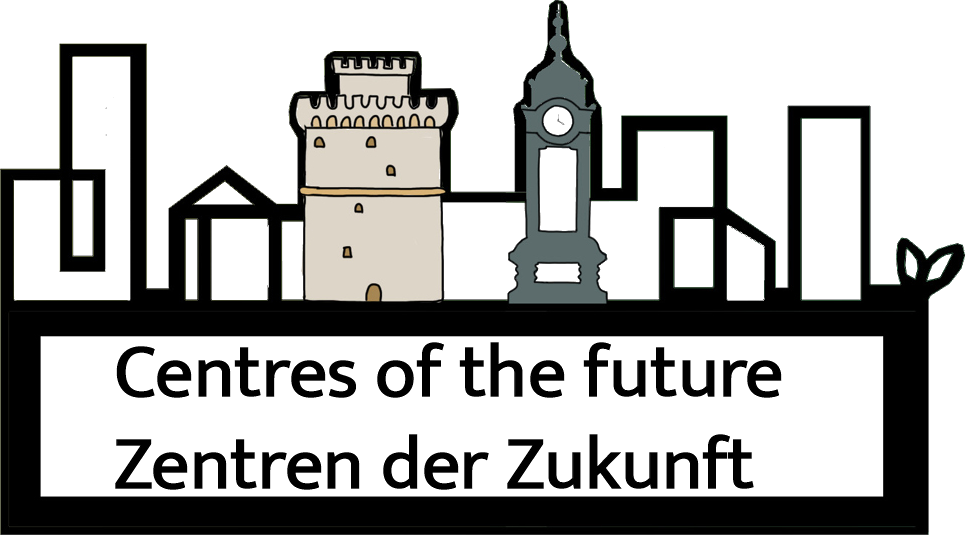A central component of the university partnership is the involvement and promotion of young scientists (students and PhD employees). During the three years, research stays, summer schools, excursions, workshops, joint student projects and publications are planned as reciprocal measures.
Summer Schools
Summer Schools will be held in Thessaloniki (2023 & 2025) and Hannover (2024) in annual rotation. The Summer Schools will focus on the analysis of the two cities and regions, the different planning systems and cultures, and the development of solutions (e.g. Smart City concepts, 100 Resilient City Thessaloniki, etc.). The goal is to bring participants into exchange in interdisciplinary teams. The framework program of the Summer Schools consists of thematic excursions, interdisciplinary workshops, group work and presentations. A joint dinner rounds off the Summer School and enables networking after the one-week exchange.
Excursions
The one-week excursions take place annually to both Thessaloniki and Hannover. During the excursions, urban and regional planning projects are visited (e.g. historic city centers, start-ups and pop-up stores, urban planning offices) and thematic tours are organized on the annual focus topics (e.g. real-labs, vacancy management projects).
Research exchanges
The mutual one-week research stays serve the conception and preparation of the summer schools, excursions, publications and student projects. During the mutual stays, thematic analyses and results are also deepened. Mutual presentations and inputs on the main topics (e.g. on digitalization in the regions, urban development concepts, etc.) by researchers from AUTH and LUH as well as experts and practitioners on site are intended to fertilize the dialogue. In addition, excursions to case studies are planned (e.g. city administrations, real-labs, etc.). Furthermore, the stays will be used to conduct empirical surveys (e.g. surveys or interviews).
Workshops
One-week workshops are held annually in Greece and Germany. The workshops serve to bring together the knowledge gained. In addition, the workshops are intended to promote further cooperation and identify possible points of contact for further collaboration.
Student projects
In student projects, e-learning concepts are jointly developed, tested and implemented. Project study is the central form of teaching at LUH. In supervised student projects, small working groups (approx. 8-10 students) work on complex tasks during a semester (6 months). The aim is to develop specific basics during the project work in order to implement e-learning concepts on the annual focuses (e.g. sustainable center development, planning systems and cultures, best practice examples and options for action, etc.). The offered projects build on each other. The learning management system ILIAS (Integrated Learning, Information and Work Cooperation System) offers extensive functions for the didactic design of teaching and serves to promote the self-directed learning by students as well as to accompany classroom teaching. This includes, for example, online learning modules, exercise tools, blogs, portfolios, learning map training, video annotations as well as live voting for lecture hall polls and tests. In addition, game-based, digital and analog approaches to gamification and storytelling can be used to create the concepts (e.g., board games). The developed e-learning concepts can be used both at LUH and AUTH.
Publications
During the reciprocal research stays and the summer schools, scientific analyses are carried out on the annual main topics and results are processed or deepened (e.g. comparison of center development in Thessaloniki and Hanover, opportunities and challenges of digitalization, approaches to solutions for dealing with historic city centers, etc.). Scientific publications are produced annually from the respective research results and projects.
